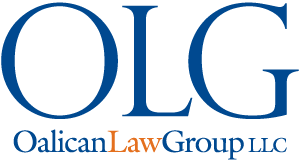With at least 1.4 billion people documenting their lives on Facebook, the social media organization has now acknowledged the legal and practical issues of what do to with the accounts of members who have died.
This week, Facebook announced a new feature that allows members to designate a person to manage their account after they’ve died. The designee can instruct Facebook to continue the site or to delete the account upon death. Previously, the only choices were to freeze the account or memorialize the decedent. The option of deleting the account after an appropriate period of time was not available.
Facebook’s “legacy contact” allows the announcement of a memorial service or sharing of posts of the deceased person’s timeline, in addition to responses to friend requests, profile updates and the option of closing the account after a period of time.
Bottom line is that Facebook now gives users a choice on what happens to their profile when they’re gone. For some, it provides relief from unnecessary prolonged grief. For others, it memorializes a loved one’s life for a defined period of time. The important point is that members now have a choice.
This is an excellent example of the definition of an “asset” and how one can control what happens to that asset upon death. The field of law controls the distribution and control of “traditional” assets, such as tangible personal property, real estate or liquid savings and investments in the event of incapacity or death. But what about digital assets such as online social media accounts, passwords, blogs and websites? Does an attorney-in-fact, a guardian or a conservator have the authority to access digital assets if the owner is incapacitated? Does a trustee or personal representative have the authority to continue, amend or delete “digital” assets such as social media sites when the user dies?
There is no unified legislative or definitive legal precedent to that answer yet. Until then, good estate planning documents contain provisions that attempt to give authority to attorneys-in-fact, trustees or personal representatives to deal with “digital assets”. The estate and asset protection plans prepared by OLG address these challenges.
If your estate plan is more than five years old, then we recommend updating your plan to address the new definition of an “asset”.
Regards,
Eric R. Oalican
